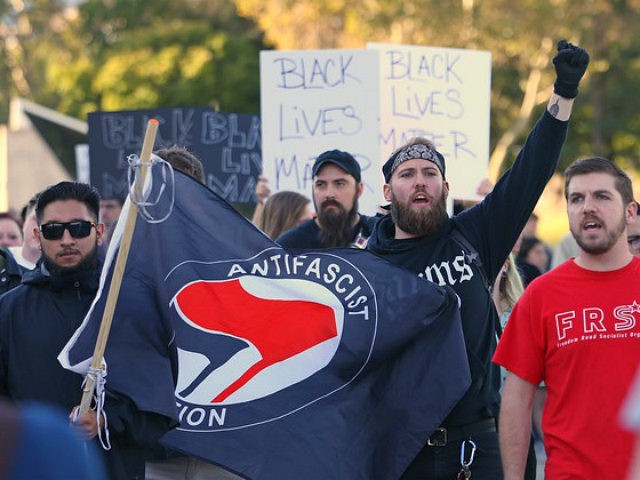The United States Supreme Court on Thursday agreed to review a case surrounding the constitutional right of free speech for students attending American colleges and universities.
Education Week reported on the court’s decision:
The grant in Uzuegbunam v. Preczewski (Case No. 19-968) came on the last day of the court’s term and the case will be argued sometime in the term that starts next October. The case stems from a challenge to a public college’s policy limiting free expression to designated “free speech zones.” Student Chike Uzuegbunam sought to share his Christian faith at Georgia Gwinnett College when officials told him he had to get a permit and reserve time for the college’s speech zone, which was one small patio and sidewalk.
When Uzuegbunam did reserve the area, a student complained about his speech and campus police cited him for disorderly conduct, court papers say. He and a second student who alleged his speech was chilled by the college’s policy sued under the First Amendment. The suit sought an end to the policy and nominal damages.
While the case was pending, the college dropped its speech code and amended it speech zone policy. It asked a trial court to throw out the students’ suit as moot, which the court did. The court also turned down the student’s request to amend their lawsuit to seek so-called compensatory damages, those that repay specified losses.
After the U.S. Court of Appeals for the 11th Circuit in Atlanta held that Uzuegbunam was moot, with the help of the Alliance Defending Freedom, Uzuegbunam appealed to the high court, arguing that nominal charges are important to pursuing civil rights claims and that changing policy can still result in denying one’s constitutional rights.
“Without nominal damages, universities and schools can violate students’ rights with impunity, without clarifying the law, and with the cover of qualified immunity,” lawyers for the Georgia students who are plaintiffs in the case told the high court.
“The Court needs to make it clear that colleges cannot violate a student’s rights, then simply amend their unconstitutional policies after getting sued to avoid the consequences,” an article about the case on ADF’s website said. “These policies hurt real people. People like Chike. And we are grateful that the U.S. Supreme Court is willing to give him another chance at obtaining justice.”
Follow Penny Starr on Twitter

COMMENTS
Please let us know if you're having issues with commenting.